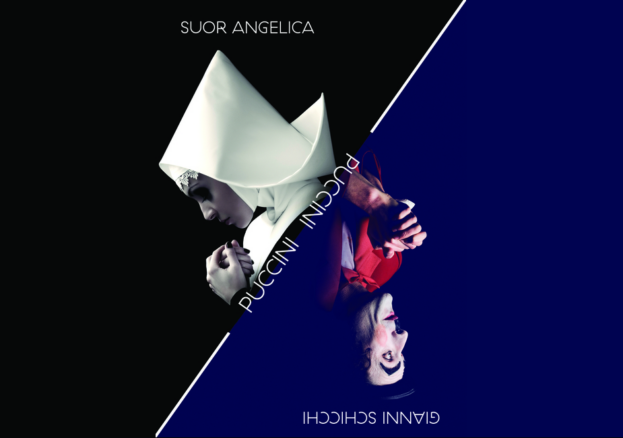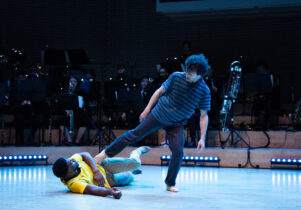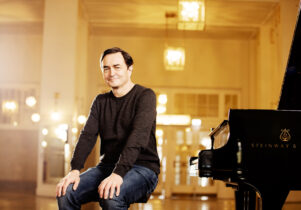RNCM Opera: Suor Angelica / Gianni Schicchi at RNCM
Johnny James, Managing Editor
Il Trittico, a collection of three one-act operas, holds some of Giacomo Puccini’s most treasured work. Containing a drama, a tragedy and a comedy, the breadth of this collection reminds us of Puccini’s incredible emotional range as a composer. First unveiled to the world at the Metropolitan Opera in New York in 1918, this year is the centenary of its première. To celebrate, RNCM Opera will perform two of the operas from this stunning collection: Suor Angelica and Gianni Schicchi. The evening promises to be a wonderful tribute to this titan of Italian opera.
Giacomo Puccini was born to a relatively poor family in Lucca, Tuscany, in 1858. Seemingly destined to be a musician, generations of his forebears had been musicians and composers of considerable note. As a teenager he enjoyed writing masses for local churches, though it wasn’t until he discovered opera that passion for music really exploded. Opera was immensely popular in Italy at the time, and its undisputed king was Giuseppe Verdi. After getting his first taste of opera via Verdi’s Aida at an opera house in Pisa, Puccini knew that this was the path for him.
Receiving a scholarship as well as financial support from extended family, Puccini moved to Millan to study. There he led a modest, bohemian life. Though his gift was recognised by his professors, at the end of his diploma the young man was at a loss as to what to do next. Noticing a competition for one-act operas, he rationalised that there was no harm in entering, though the deadline was imminent. He met librettist Ferdinando Fontana and together they wrote Le Villi. Probably due to the illegibility of the score (whose rushed scrawls were nearly impossible to read) it did not win, but it did open many doors for the budding composer.
In 1912, Puccini met a collaborator in a young man called Giuseppe Adami, who was to become a close friend of Puccini. A talented librettist, Adami started work on Il Taparo, the first of the three one-act operas which were to be presented as Il Trittico. Shortly after, Puccini met the highly resourceful Giovacchino Forzono, with whom Puccini decided two more operas could be completed in order to make this a collection of three. When we listen to this work now, we get the sense that this is the real Puccini, speaking from the heart. Unlike the commissioned work that he was undertaking at a similar time, there’s a depth to this music that is quite overwhelming.
Suor Angelica and Gianni Schicchi are a devastating combination, beautifully linked by a common thread. The former is a tragic opera about death, and the latter is a witty farce which explores the same theme. Characterised by ethereal and spiritual beauty, Suor Angelica is Puccini’s only work that was written for exclusively female voices. It’s an intensely emotional tale of maternal love and loss, during which harrowing drama is contrasted with redemptive beauty. It contains some of Puccini’s most lauded writing, including the heart-wrenching aria Senza Mamma.
This will be followed by Gianni Schicchi, which is a sparkling ‘commedia dell’arte’ about family inheritance in Florence. Greedy relatives feign grief for the passing of poor old Buoso, from whom they believe they could inherit a great fortune. In transpires, though, that they’ve all been disinherited, at which point they seek out resourceful Schicchi to make a counterfeit will. Schicchi, though, has a cunning plan of his own. It’s a farcical riot of an opera, from which comes, perhaps surprisingly, some of Puccini’s sweetest music. O! Mio Babbino Caro is not only Puccini’s most popular aria, but one of the most popular of all operatic arias. We look forward to it greatly at RNCM.



































